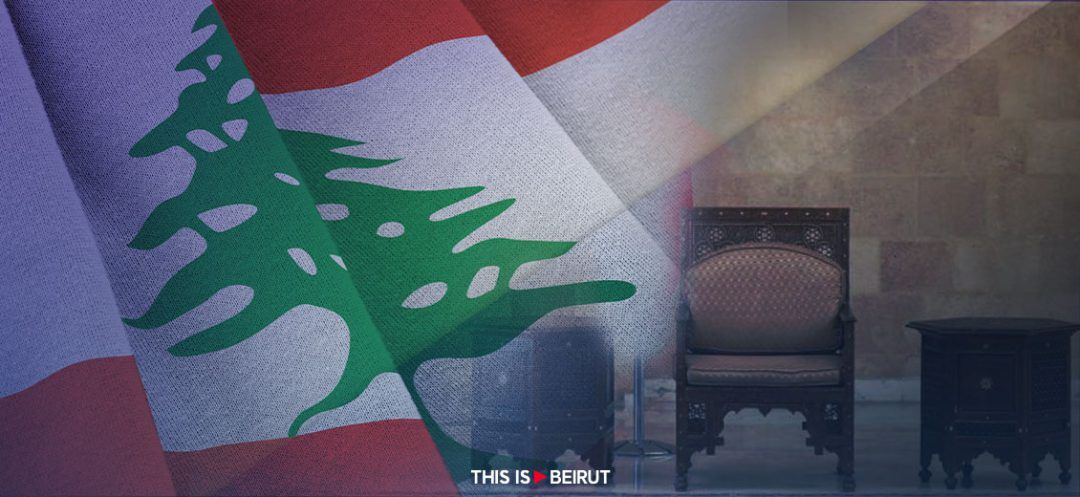
A few months ago, when conditions could lead to the election of a president of the republic, the obstinacy of the political parties in Lebanon sabotaged the opportunity. Each faction adamantly stuck to its candidate, rejecting any negotiations or changes in its position.
With time, and with the eruption of the crisis in Gaza on October 7 and its unabated escalation, negotiations became illogical and irrelevant to Lebanon. Those engaged in the regional crisis (Hezbollah) are now interested in Gaza above anything else. The Lebanese presidency has become a bargaining chip, firmly held by Iran for negotiations aimed at ending the battles and serving its own interests through Hezbollah. The latter has become a pivotal player after opening the South Lebanon front, its so-called “support” for Gaza, thereby establishing itself as an essential participant in the ongoing conflict.
Although months have passed, Lebanon failed to resolve its presidential crisis or find a way to distance itself from the ongoing conflicts. In the meantime, the US became engulfed in its own presidential election turmoil, leaving both parties, the Democrats and the Republicans, unable to effectively control the situation in the region amidst the ongoing strife.
Iran favors Biden's return to the presidency, yet it cannot give up on the Palestinian card, nor that of Lebanon, among others. Should Biden’s return to the White House be jeopardized, Iran will risk all negotiation power, leaving it empty-handed.
On the other hand, Iran needs to maintain bargaining chips in case of Trump's return to the White House, as his administration could escalate sanctions and adopt a more aggressive policy towards Tehran. Therefore, Iran must retain its grip on key assets to alleviate pressure. Among these assets is its influence over the Lebanese presidency and the situation in Lebanon’s southern region, which could serve Trump's interests in securing Israel's northern front.
On top of the existing complexities, the deaths of the Iranian president Ebrahim Raisi and his Minister of Foreign Affairs, Hossein Amir Abdollahian, in a helicopter crash has deepened the state of confusion. It is not mainly due to the absence of the president, since the Supreme Leader holds the ultimate decision-making power and no change is expected in general politics, but because the late Minister of Foreign Affairs was the linchpin of Iranian diplomacy. His absence could trigger shifts in perspectives and dynamics, as diplomacy heavily relies on personalities and personal interactions. Consequently, changes in personalities could alter diplomatic dialogues.
We are grateful that the helicopter incident was not a criminal act, or orchestrated, which would have plunged the world in a prolonged crisis, and potentially into a world war. However, the repercussions of the recent changes in Iran suggest that we are entering a new and enduring phase of uncertainty. Complications in Lebanon are compounding and problems are aggravating, implying that the Lebanese presidential deadlock may not be resolved in 2024.
Read more



Comments